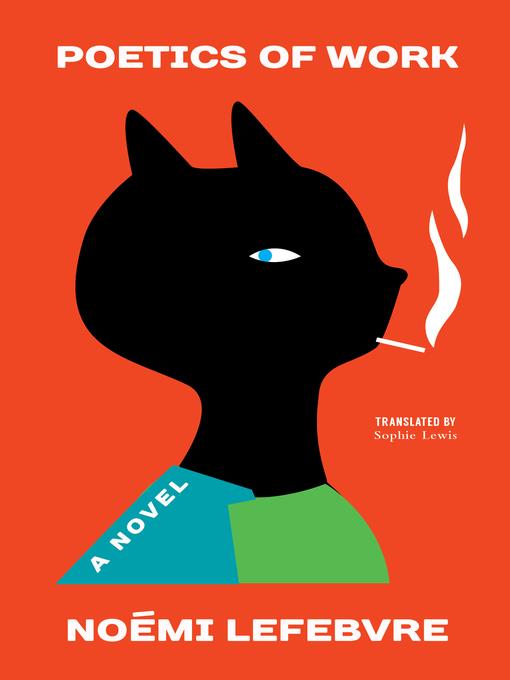
Poetics of Work
کتاب های مرتبط
- اطلاعات
- نقد و بررسی
- دیدگاه کاربران
نقد و بررسی

July 1, 2020
An attempt to revive the format and reclaim its place in literary tradition. In this entry in the publisher's new Undelivered Lectures series--joining Namwali Serpell's Stranger Faces--creative writing professor and Guggenheim fellow Cappello argues for everything she thinks a lecture should be: playful and provocative, to be sure, and perhaps incorporating elements of stand-up comedy, performance art, and improvisation. It should not conform to the clich�s that most commonly come to mind: pedantic, didactic, boring. "The lecture will have succeeded if, like the essay, it cannot be summarized, but only experienced," writes Cappello, who effectively demonstrates the connection between the lecture and the essay. While the former is performed and the latter written, they share a similar mindset and spirit. The lecture's "geography is a the-ater-cocoon, descended from the study carrel where you read, the dark corner of the library you retreated into, which was descended from the cubbyhole you stowed your books and drawings in in kindergarten." However, don't confuse the future of the lecture with the popularity of one of its current forms: TED Talks, which "give me the creeps....They all have a whiff of organized religion about them and the feel of the sermon on the infomercial mount." As her "lecture on the lecture" has led to this book, the author intersperses examples of note taking. These notes, which one might take while listening to a lecture, or use to compose one, show the ways in which the mind works and ideas connect (or not) as the lecturer searches for the form and cohesion through which she can convey her message. Cappello also shows how the tradition of the lecture has too often minimized, belittled, or excluded women. As she argues, the lecture must be better than that, and this is a good introduction to the art. A lively and playful challenge to resuscitate a form that has been considered all but dead.
COPYRIGHT(2020) Kirkus Reviews, ALL RIGHTS RESERVED.

October 26, 2020
The city of Lyon is in chaos in French writer Lefebvre’s turbulent, incisive chronicle of an unemployed poet (after Blue Self-Portrait). The poet—unnamed or identified by gender—occupies their time smoking joints, gorging on bananas, rereading Whitman, and meditating on the lessons of fascist Germany while the city is rocked by riots over unspecified causes (“resistance is an electrical idea, the vocabulary is going blind, the subject is under surveillance”) and the police force runs amok. Mostly the narrator embarks on Platonic dialogues with their father, a hard-drinking cynical pragmatist aspiring to the promise of middle-class comfort while tossing out rejoinders like “What earthly good is poetry when lunatics filled with global hatred are blowing their brains out?” Taking up the challenge, Lefebvre‘s shiftless narrator searches for the place of poetry in a world gone mad, where the “culture sector is a graveyard for the soul’s repose.” The result is a series of lessons (“try not to knock yourselves out in the name of Liberty; take a bath or watch The Simpsons”) and an interior monologue filled with sharp observations, hysterical asides, and a sincere search for personal truth. This is not the kind of novel where things happen, but its bracing contemporary rhythms hold the reader’s attention. Lefebvre succeeds at mapping out an unquiet mind in the midst of crisis.

























دیدگاه کاربران